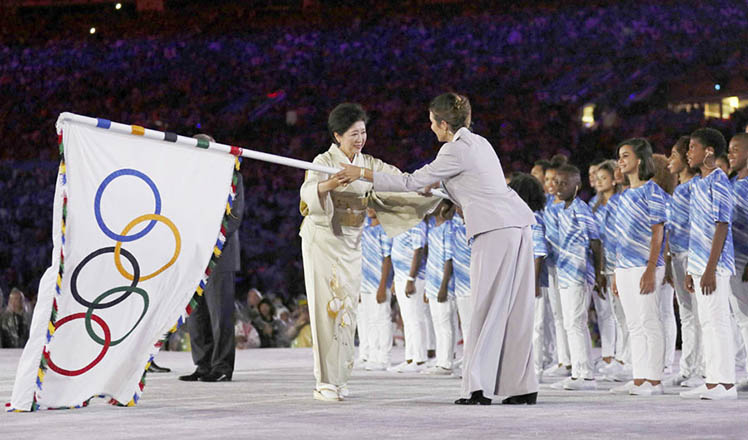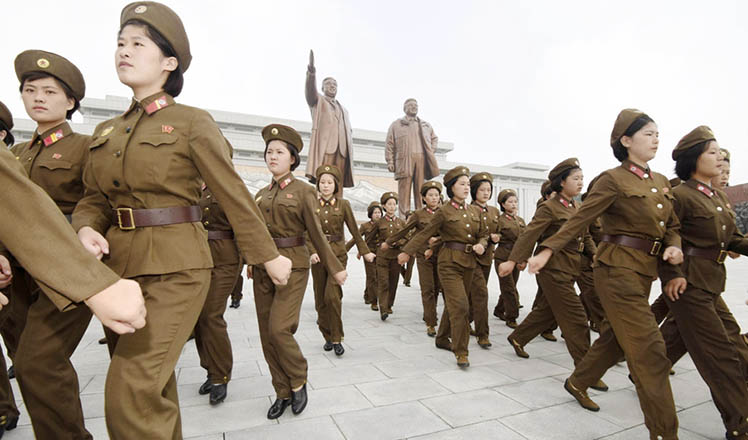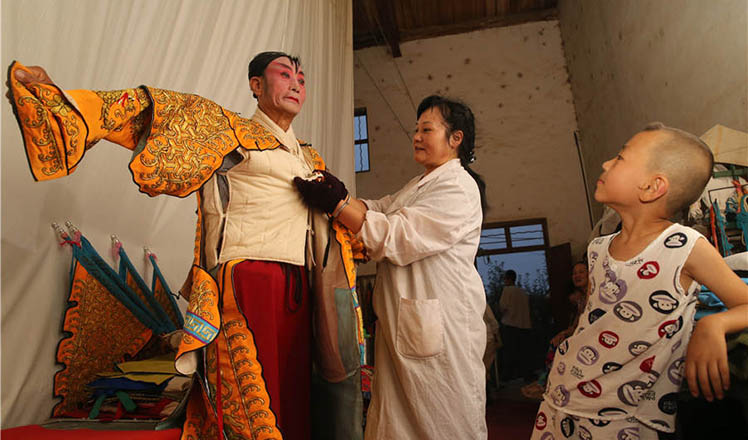Progress made in development of quantum memory
Updated: 2016-08-20 07:48
By Zhu Lixin in Hefei(China Daily USA)
|
||||||||
Although Chinese scientists said there is still a long way to go before any ultrapowerful machine can be developed, progress has been made in terms of quantum memory technology, which is a key component to quantum computing and quantum communication.
On Tuesday, China launched the world's first quantum experimental satellite in an attempt to build a space-based quantum communication network.
Zhou Zongquan, a scientist in the field, told China Daily that following the breakthrough in 2011 when scientists at the University of Science and Technology of China developed the world's first quantum memory of 1 quantum bit, or qubit, they have now developed a memory of 100 qubits.
Despite the expansion in memory, the size of the quantum memory device they developed has remained the same, at about 200 cubic millimeters, which looks smaller than an ice cube or the size of a tooth brush head.
According to Zhou, who is with the USTC-based Key Laboratory of Quantum Information under the Chinese Academy of Sciences, the device consists of two pieces of rare-earth-doped crystal at the two ends and a polarization rotator in the middle.
The "sandwich-type" solid-state quantum memory can be operational at a low temperature, -270 C, with equipment to provide a magnetic field, he added.
In the future, "the USTC scientists aim to enable the quantum memory to store more than 10,000 qubits in five to 10 years," Zhou said.
They also aim to prolong the life of the quantum memory to several hours before it can go to final application, since currently "the device has only a very limited memory time, or a few microseconds", he said.
But they will not be able to avoid the challenge of using big magnetic field equipment that can only be carried by a truck, he added.
The quantum memory technology will be crucial to China's research into quantum computing.
Guo Guangcan, a top quantum computing scientist from the USTC, said: "A quantum computer can revolutionize humans' lives as the electronic one has been doing in the past decades."
Guo, 73, also a member of the Chinese Academy of Sciences and head of the USTC-based laboratory, said that quantum computing has been considered a revolutionary technology that could see wide applications from space exploration to cancer treatment, so it might not come as a surprise that some major powers are betting big on the ultrapowerful machines.
"Chinese scientists have been going all out to win the worldwide race to develop a quantum computer," said Guo.
zhulixin@chinadaily.com.cn
(China Daily USA 08/20/2016 page5)

 Goodbye, Rio; hello, Tokyo
Goodbye, Rio; hello, Tokyo
 The world in photos: Aug 15- Aug 21
The world in photos: Aug 15- Aug 21
 Kickboxing and throwing punches: Welcome to flight security training
Kickboxing and throwing punches: Welcome to flight security training
 Qinqiang Opera actors brave heat to bring smile to faces
Qinqiang Opera actors brave heat to bring smile to faces
 Top 10 cities with highest GDP in H1
Top 10 cities with highest GDP in H1
 Chinese teenagers take gold, silver on 10m platform
Chinese teenagers take gold, silver on 10m platform
 US granted re-run to send China out of relay race
US granted re-run to send China out of relay race
 China inches toward gold after beating Netherlands
China inches toward gold after beating Netherlands
Most Viewed
Editor's Picks

|

|

|

|

|

|
Today's Top News
Trump outlines anti-terror plan, proposing extreme vetting for immigrants
Phelps puts spotlight on cupping
US launches airstrikes against IS targets in Libya's Sirte
Ministry slams US-Korean THAAD deployment
Two police officers shot at protest in Dallas
Abe's blame game reveals his policies failing to get results
Ending wildlife trafficking must be policy priority in Asia
Effects of supply-side reform take time to be seen
US Weekly

|

|